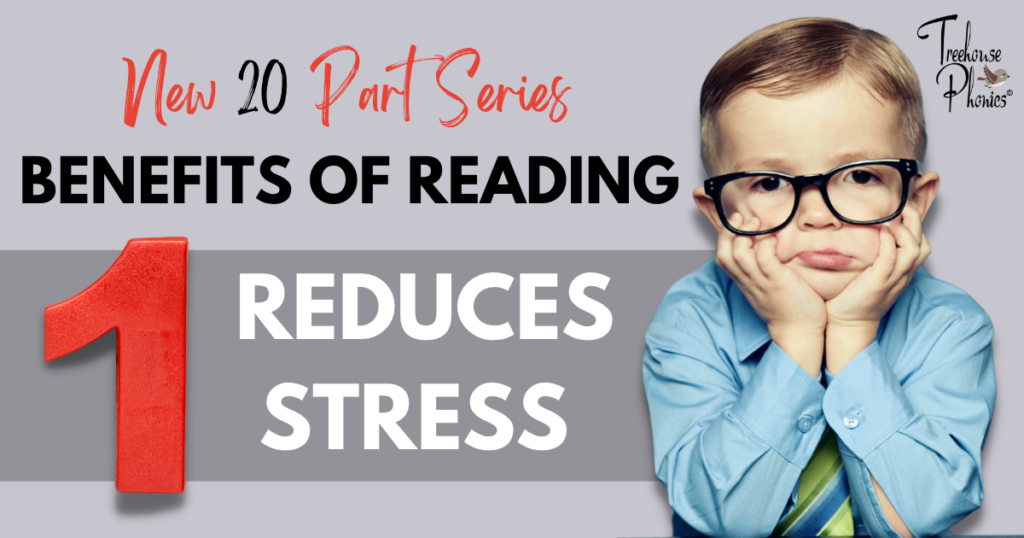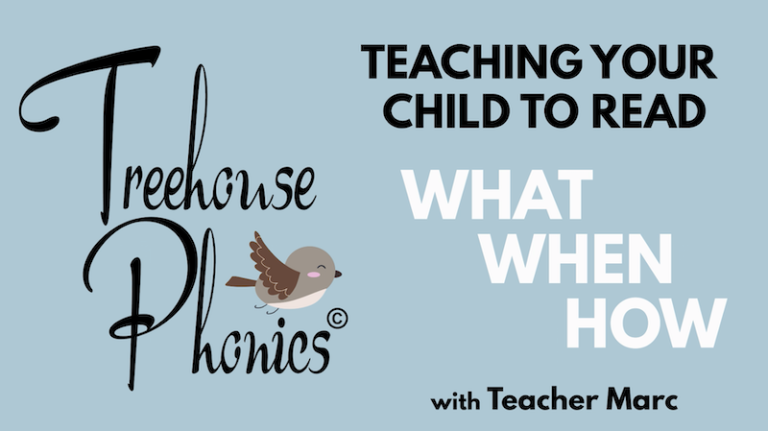These days, doctors around the world attribute an endless list of health concerns to the amount of stress one allows or is forced to endure in their life. No one lives a stress-free life and it is paramount more than ever, that we learn to manage our stress. Let’s discuss a simple cost-effective solution!
Stress – The Two-Sided Coin

Like so many dietary warnings about high cholesterol, we are presented with the assumption that all cholesterol is bad. The same is often said about stress. In both cases, neither is correct. Let’s start with the bad and end with the good. I was always a “Give me the good news last” sort of fella. After all, we’re not here to harp on the negative.
Bad Stress
Bad Stress can lead to heightened levels of anxiety, causing various stages of thought paralysis, procrastination, and a host of other physical ailments that are almost too numerous and complex to describe here. At times we are at a loss, trying to identify the true source of our stresses. We may have a general idea and point to our employment, school, or relationships yet the actual source of anxiety remains cloudy. When the source isn’t clear, then finding a way of removing the problem or strategizing a clear solution is out of reach. As a result, we are left with the reality that this is part of the human experience whether we like it or not and if we want to regain a satisfying level of peace and contentment, we need to find ways to reduce the stress. Here’s the thing about stress in general.

It does not discriminate. Stress affects every age and demographic on this planet, including our children. Since children have a greater challenge in articulating the possible sources of their stresses, we might feel powerless and yearn to ease their suffering. Now before we go all-out nuclear on stress as a whole, we need to consider the other side of the coin.
Good Stress
Good stress can push you through moments of procrastination and speed up productivity. Yes, for the moment, a deadline of any sort can seem overwhelming, especially if your time management skills need a little attention, but, if it’s anything from completing an essay, getting engaged, breaking off a toxic relationship or even making your bed in the morning, the right stress can push you to do the things that benefit you in the long run.
It is not easy to spot good stresses at first because the lessons are often learned in hindsight. I’ve had my fair share of tyrannical bosses and relationships gone sour, and in those moments, I could hardly imagine that the stresses I was going through would provide any positive enlightenment down the road. Looking back on how I handled those stresses helped me to see that these contributed to the life lessons that make me who I am today. I’d like to think I turned out just fine.

The perspective of our stresses takes on a completely different meaning when these stresses force us to muster the courage to break through our fears and better our lives and the lives of those around us. Admittedly, I think I speak for masses when I say relief from all stresses would be a momentary slice of heaven.
How do YOU reduce stress?
Have you taken up a hobby? Quite honestly, I have never seen an angry knitter. Most people walking through a carefully manicured garden path seem content and stress-free. What does research tell us about reading?
In a 2009 study from the consultancy Mindlab International at the University of Sussex, testing found that reading reduced stress levels by up to 68 percent. If fact, it relaxes the muscles and focuses your attention away from your current anxieties in ways that rival the effectiveness of other common forms of stress relief.
Most Accessible Solution on the Planet
As discussed earlier, stress does not discriminate. Our children need to escape too. They need help managing their stress levels. Since reading has proven to be so effective in reducing stress, is that not a reason alone to help our children form a love of reading? Reading to your child at an early age is beneficial for both you and your child. Helping your children become strong, independent readers, according to Mindlab research, can help to reduce stress levels by up to 68%. The best part is that reading material is literally everywhere. When it comes to books, you can buy, borrow, rent, download, and trade them in just about any corner of the globe.

There is nothing more peaceful than seeing a child curled up in their favorite chair, fully amerced in a book that momentarily frees them from the stresses and anxieties of the day. Would you not say that this benefit alone is worth the time it takes to teach our children to read?



